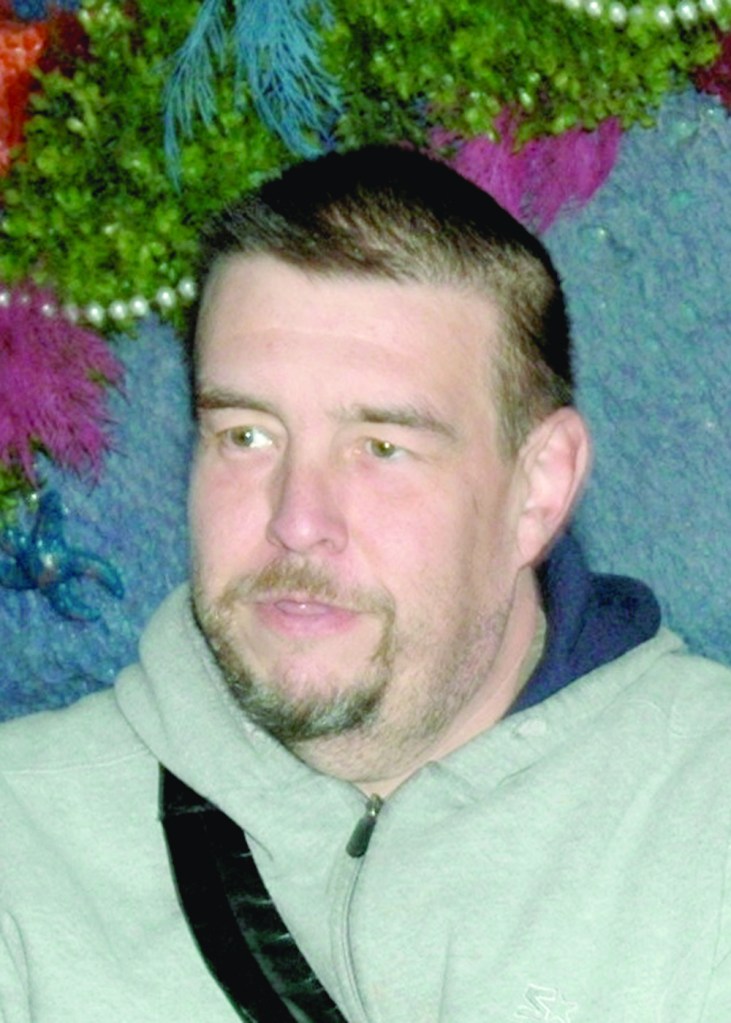RICHARDS: I’m dying, and intend to stay that way for a while
Published 6:00 am Saturday, March 11, 2023

- Terry Richards
I learned a hard lesson several years ago: Never tell your mother you have a terminal illness.
I have polycystic kidney disease, which results in cysts growing all over the kidneys, destroying the healthy tissue.
- There is no cure for polycystic kidney disease. There’s not even a real treatment, something that can ease the problems or slow the disease’s progress. It causes “end stage renal failure,” meaning your kidneys quit and you die.
I found out “unofficially” I had this disease in 2009, when I was put into South Georgia Medical Center on an emergency basis to have stents put in my heart. When the imaging crew did full-body scans of me to prepare for the stents, I heard a tech say, “Man, look at all those tumors on his kidneys.” and then I knew.
In short, I’m dying. More on that later.
When mother found out I had polycystic kidney disease, she had a little breakdown and cried. You see, this disease is genetic, hereditary. and she had suffered this disease before me.
Dad said that in the weeks that followed, he sometimes found mom crying about “what I’ve done to him.” Which is ridiculous; it wasn’t her fault — your gene pattern is something you have zero control over. This thing has apparently gone all through mom’s family; I know of one of her uncles, at least one of her cousins and one of her brothers who all had this problem.
But mom had just been told “Your son has a deadly disease and it came down to him through you.” I can’t imagine what it must have felt like to be hit with that.
- You may have noticed I placed an asterisk () in a sentence above behind the phrase “your kidneys quit and you die.” That’s because it is no longer a given that this thing will kill you.
A few decades ago, a diagnosis of polycystic kidney disease was a death sentence. In the 1950s, my mother had an aunt, a farmer’s wife in north Florida, whom the local doctor suspected had kidney problems. As my mother told it, the doctor wanted to send her away to the Mayo Clinic in Minnesota, which at the time was the only hospital in the U.S. which could make the official diagnosis. Economically, this was impossible for a poor farmer’s wife, and wouldn’t have done any good anyway: all they could have done was diagnose, not treat.
Since then, doctors have not learned to cure this disease but they have developed a workaround. Dialysis.
The kidneys are, effectively, the blood system’s filters, screening out the junk and gunk which eventually gets urinated out of the body. The danger comes when the kidneys start to fail and less of the toxic stuff gets out of your blood. Once the kidneys quit for good, death comes within days.
Which is where dialysis comes in. Dialysis is effectively hooking you up on a regular basis to a machine which acts as an artificial kidney, cleaning your blood by circulating it out of your body and through a filtration machine that cleans out the mess.
Mom was a textbook example of beating a “terminal” disease. After only a few months on dialysis, the miracle came through: a matching kidney was found for a transplant. I give thanks to some anonymous donor whose death and willingness to leave their organs behind for transplant meant 15 additional years of life for my mother, unencumbered by a dialysis machine.
And they were good years. Not only was she able to take care of herself and cook and drive long distances and take vacations in other states with Dad, she lived long enough to see her grandchildren, both of whom were born after the transplant. When she died in December 2020, her third kidney was doing fine; it was COVID-19 that did her in.
As for me, the same doctor who had treated mom put me on dialysis as soon as my kidneys were about to jump off the cliff. I’ve been visiting the clinic three times a week for four hours treatment on the machine each time for almost five years, and I’m still able to work a 40-hour week and take extended vacation trips. The treatment isn’t painful, other than an occasional touch of cramping; the biggest problem I face is boredom as I lay back in a recliner for four hours next to a five-and-a-half-foot tall dialyzer. Good thing the clinic has wi-fi.
I’ve talked to my doctor and seen statistics: Most of the time, polycystic kidney disease doesn’t even show up until later in life (I was 44 when I was diagnosed) and people can live into their 70s with it.
My dad said it best: “Son, we’re all dying from the moment we’re born.”
So, yeah, I’m dying. and I intend to keep dying until the day I die — however many years that may be in the future.
Terry Richards is The Valdosta Daily Times senior reporter.




